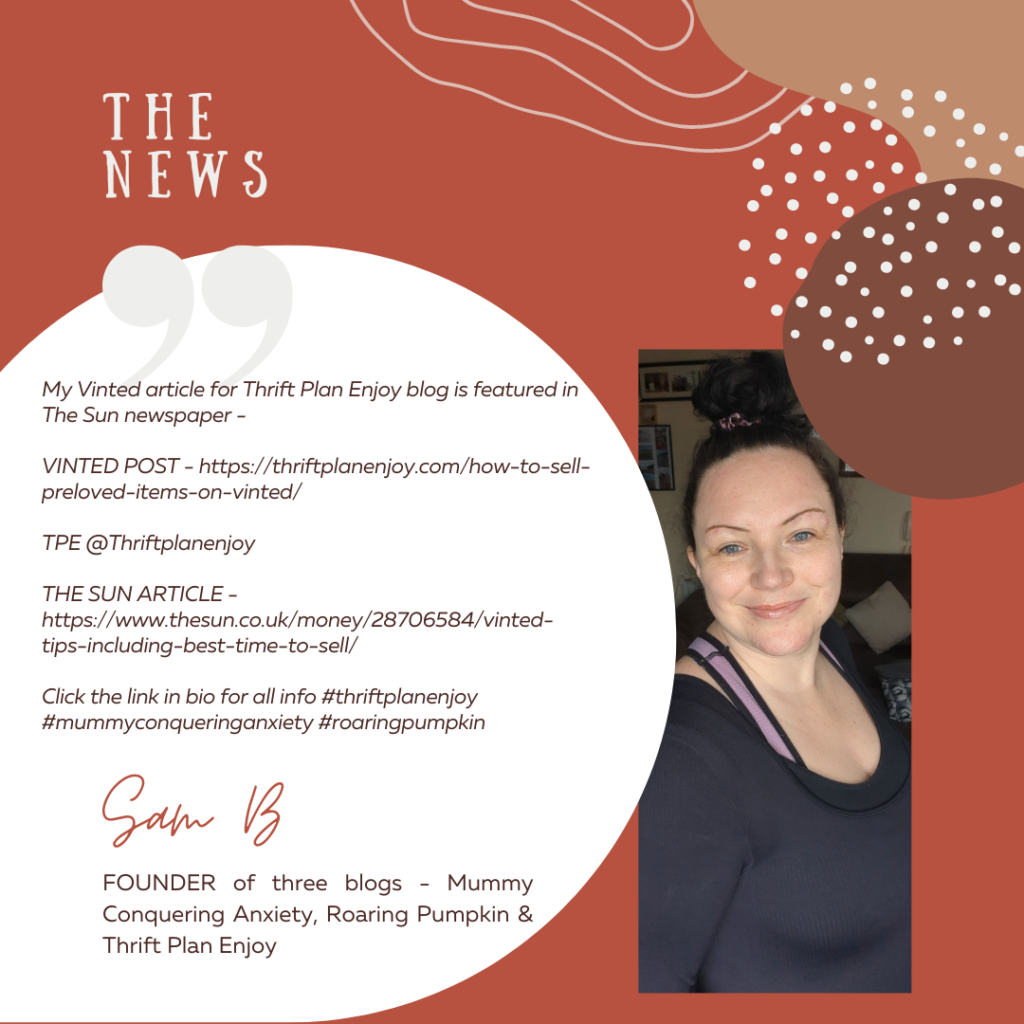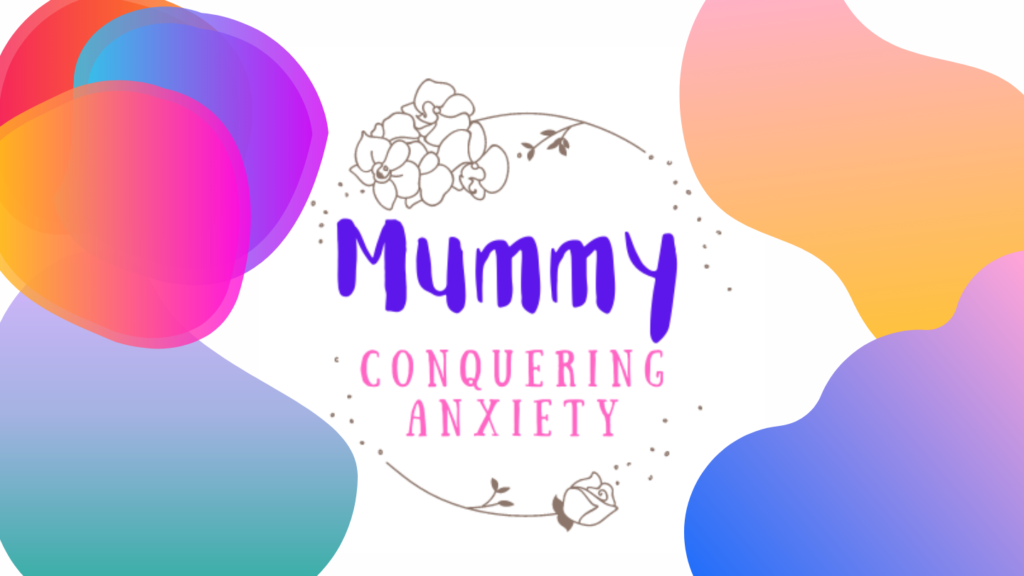I came across this book when visiting the Bradford Literature Festival. I saw Horatio speak about the book and why he wrote it. I was intrigued. I signed up for the session because I had experienced my own mental health struggles. And honestly, I am all for people with a prominent voice speaking out against the stigma surrounding mental health.

Let’s have a look at the blurb
A story of the wonder and intensity of the manic experience, as well as its peril and strangeness, it is shot through with the love, kindness, humour and care of those who deal with someone who becomes dangerously ill.
Waterstones
Partly a tribute to those who looked after Horatio, from family and friends to strangers and professionals, and partly an investigation into how we understand and treat acute crises of mental health, Heavy Light’s beauty, power and compassion illuminate a fundamental part of human experience. It asks urgent questions about mental health that affect each and every one of us.
First Thoughts
Based on my experiences and my awareness that people with privilege are often able to access better health services (this goes for all health services and not just mental health). I was dubious about reading an account of mental health struggles from a well-known journalist.
To clarify, I am thankful people with status speak out – it’s needed. And I would NEVER diminish someone else’s mental health struggles – because mental health problems do not discriminate. It can happen to anyone – it doesn’t matter how much money you have in the bank or how big your house is. But it DOES matter that people may receive fair treatment regardless of their circumstances.
Privilege addressed in the book
Horatio himself addresses privilege and talks honestly about his situation compared to people in other circumstances. The latter part of the book also discusses possible treatments and outcomes for mental illness, with some great suggestions for alternative therapies and up-and-coming strategies for addressing mental health.
Why I ended up loving the book
Although I was dubious at first, I ended up loving the book. So much that I stayed up way too late reading endless pages. Just to find out more about Haratio’s journey.
The main themes I loved the most:
Impact on family
The book explores the huge impact that Haratio’s erratic behaviour had on his family. And their worries about managing his mental health moving forward. This rings true for so many people out there. Ultimately, if you had a broken leg, the people closest to you would pick up the tasks you were unable to do. The same applies to mental health. When someone is unable to function, because of their mind, it’s usually family and friends who protect and look after you.
Discussions about mental health with children
Because I was mentally ill during pregnancy and with the pressure of becoming a new mother, it was inevitable that I would have to discuss this with my child. Although she’s young, we are always honest with her about things. And we always will be. Explaining that Mummy sometimes has things going on in her mind. Therefore, she needs a rest and some downtime. These discussions are something we do regularly.
I wrote previously about toddler emotions. Kids pick up intuitively on more than we realise. And they always seem to know when something is wrong or you need a hug. Don’t underestimate their understanding. And as a parent or carer, consider being honest about your struggles. And about emotions and life in general.
The science
The science behind mental health problems is something widely debated. And it has impacted the treatment I received from day one. For example, the doctor was understandably reluctant to prescribe anti-depressants. But when I actually looked into the studies behind taking them, the data was inconclusive.
There literally is no right answer to what impacts an individual’s mental health. Everyone is different and therefore impacted differently. The book explores this in great detail and provides a balanced argument for studies and therapies available.
Summary
I hope you enjoyed my review of the book. If you want to check it out, click the links below:






